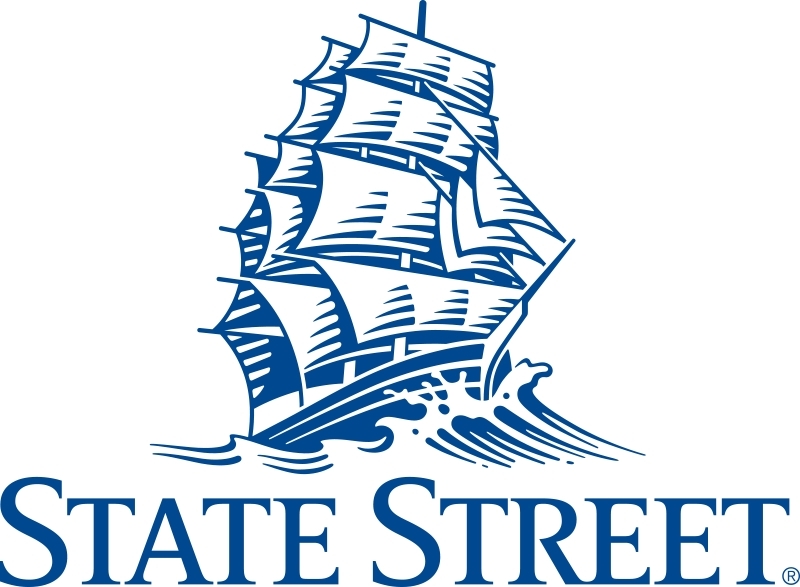Visa Gets an OFAC Penalty…or a Notice…or a Warning…or Something
 Last week the United States Department of the Treasury’s Office of Foreign Assets Control (OFAC) announced an enforcement action against VISA International Services Association (VISA) for violations of 31 CFR Part 501, which constitutes the Reporting, Procedures, and Penalties Regulations governing sanctions programs administered by OFAC. The enforcement action was imposed due to VISA’s failure to file two blocking reports within the ten (10) day mandatory time frame. The accounts which were not properly reported were those in which Bank Melli had an interest. VISA also failed to file its annual report in respect to those two blocked accounts of Bank Melli’s. In a separate matter, VISA also failed to file a blocking report on an account in which Real Estate Bank, a Government of Syria owned bank, held an interest. In the case of the Bank Melli accounts, the failure to file the reports was an inadvertent oversight. In respect to the Real Estate Bank accounts, VISA failed to file because they were attempting to discern what fees were to be deducted from the account before filing the report.
Last week the United States Department of the Treasury’s Office of Foreign Assets Control (OFAC) announced an enforcement action against VISA International Services Association (VISA) for violations of 31 CFR Part 501, which constitutes the Reporting, Procedures, and Penalties Regulations governing sanctions programs administered by OFAC. The enforcement action was imposed due to VISA’s failure to file two blocking reports within the ten (10) day mandatory time frame. The accounts which were not properly reported were those in which Bank Melli had an interest. VISA also failed to file its annual report in respect to those two blocked accounts of Bank Melli’s. In a separate matter, VISA also failed to file a blocking report on an account in which Real Estate Bank, a Government of Syria owned bank, held an interest. In the case of the Bank Melli accounts, the failure to file the reports was an inadvertent oversight. In respect to the Real Estate Bank accounts, VISA failed to file because they were attempting to discern what fees were to be deducted from the account before filing the report.
OFAC’s enforcement response in this matter was to issue a Finding of Violation. In coming to this determination OFAC did recognize that VISA is a large financial institution and that it had violated the regulations. However, OFAC also acknowledged that there was no economic benefit to Bank Melli, and that the issuance of a Finding of Violation would promote compliance with OFAC regulations in the future.
In coming to a determination on what type of enforcement action is appropriate to resolve an OFAC violation, OFAC can issue the following: 1) No Action Letter; 2) Cautionary Letter; 3) Finding of Violation; 4) Civil Penalty; or 5) Criminal Referral. The enforcement action selected in this case, finding of violation, is one that you rarely see or hear about. Indeed, it seems to be less of a penalty, and more of warning, akin to a Cautionary Letter. So why have both Cautionary Letters and Findings of Violation in the spectrum of enforcement responses? Well as seen by this enforcement action, a Finding of Violation is a step up from a cautionary letter. First, it is released publicly, thereby alerting the world as to the violation which has occurred. This may cause reputational damage and as such serve as a stronger deterrent to similar future violations. Second, a Finding of Violation, constitutes a final agency action, where as a Cautionary Letter does not. In sum, a Finding of Violation, while perhaps on the surface looks identical to a Cautionary Letter, it does indeed constitute a slightly more severe response due to its finality and its provision of public notice.
The author of this blog is Erich Ferrari, an attorney specializing in OFAC matters. If you have any questions please contact him at 202-280-6370 or ferrari@ferrariassociatespc.com.


